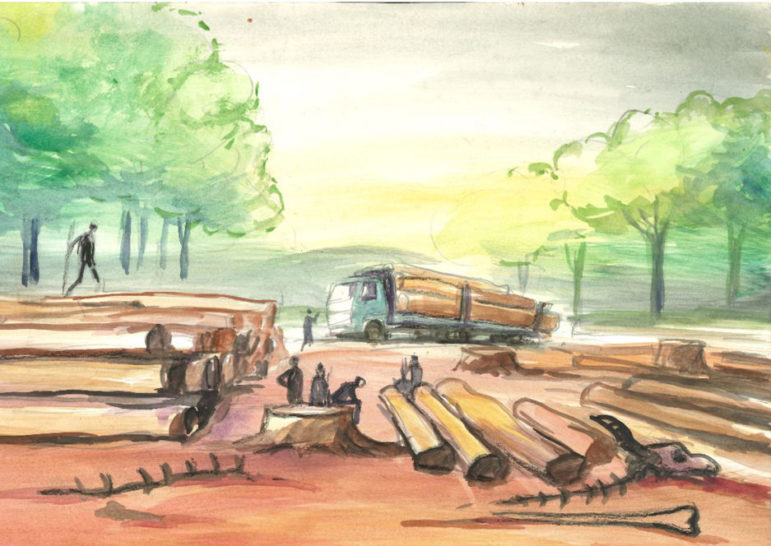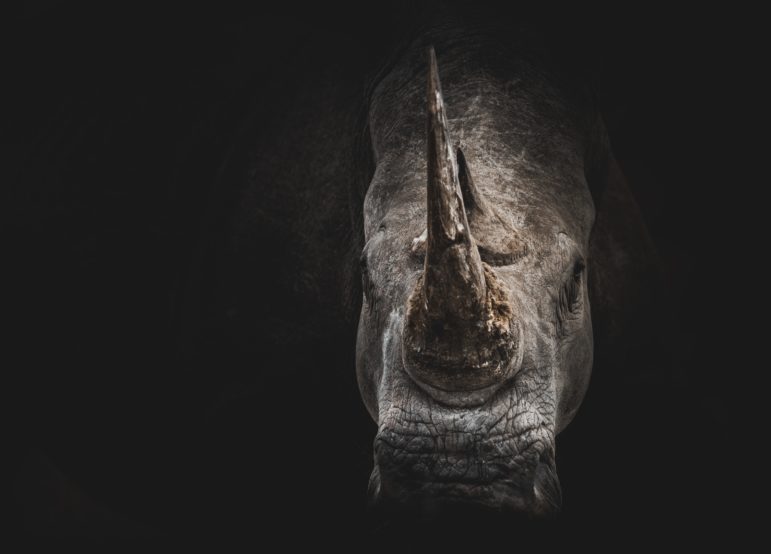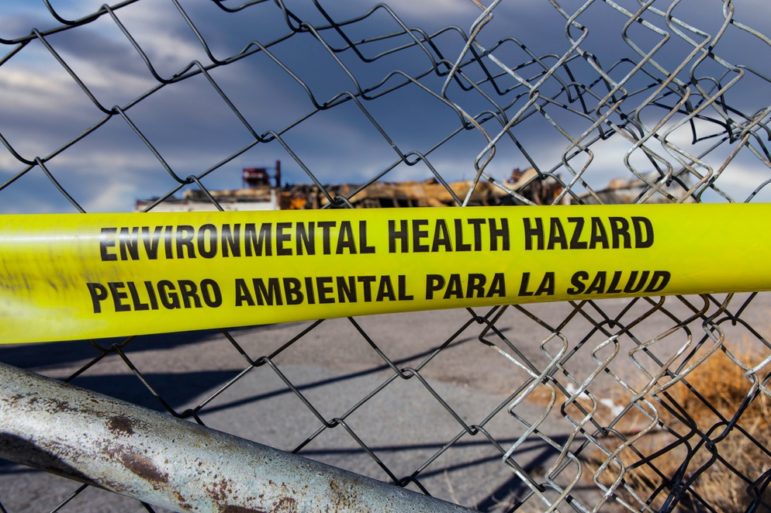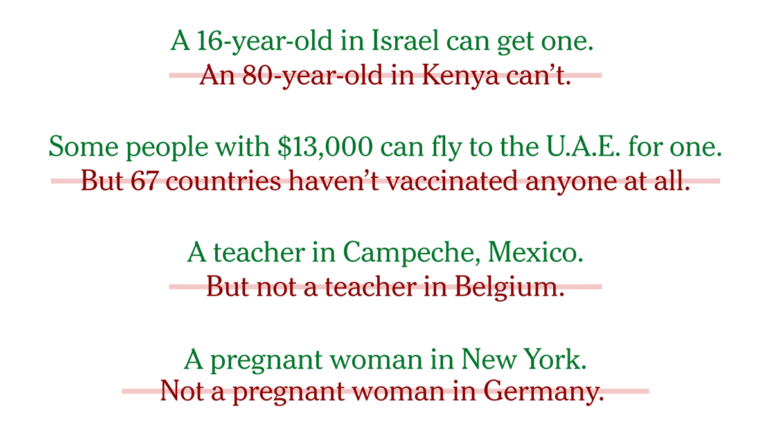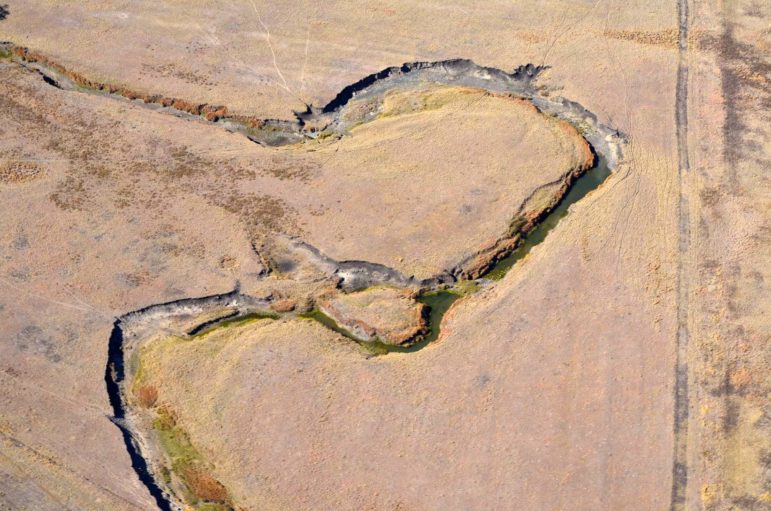Resource
Guide to Investigating Organized Crime in Africa — Environmental Crimes
In this preview of GIJN’s forthcoming Guide to Investigating Organized Crime in Africa, Cameroonian data journalist Madeleine Ngeunga offers reporting tips and expert advice for covering illegal logging, wildlife trafficking, and other environmental crimes.

